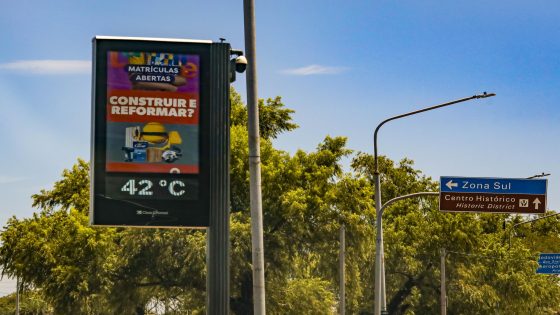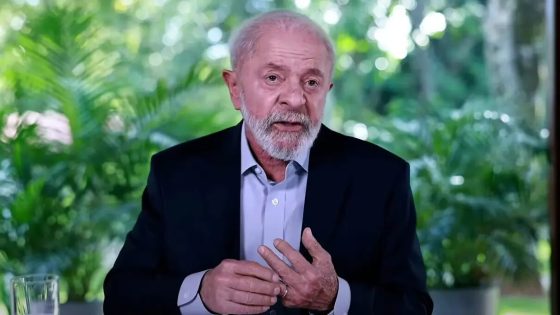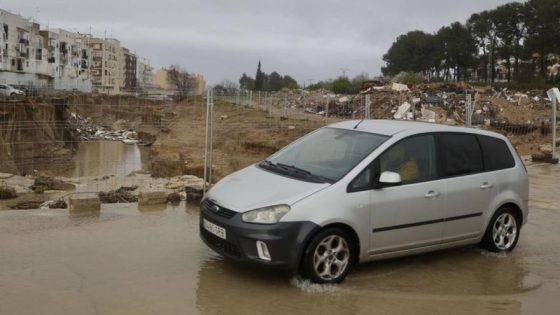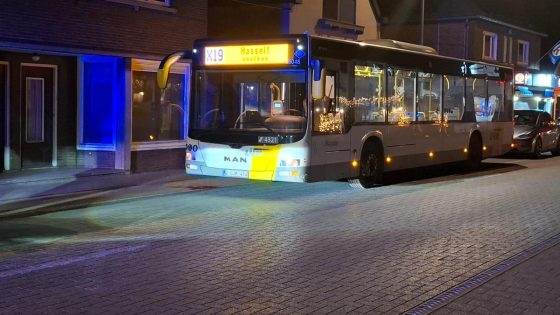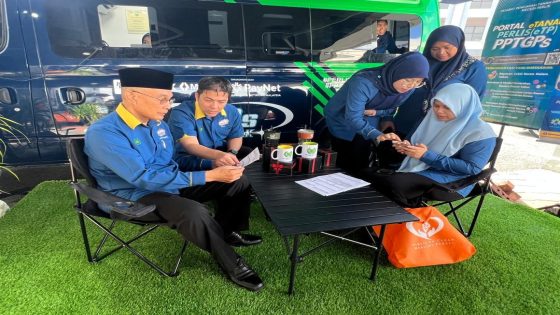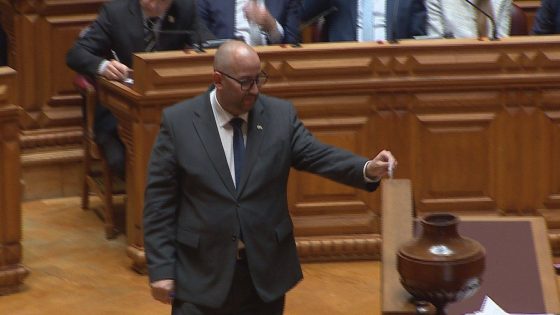On February 11, 2025, State Representative Laura Sito (PT) urged the government of Rio Grande do Sul to create protocols to combat extreme heat. With rising temperatures becoming a pressing issue, how can the state protect its most vulnerable citizens?
- Laura Sito requests heatwave response protocol.
- Extreme heat impacts vulnerable populations significantly.
- Other Brazilian regions have implemented heat protocols.
- Preventive action is crucial for heat emergencies.
- Coordination between state and municipalities is necessary.
- Scientific projections indicate increasing heat events.
This week, the region is facing a severe heatwave, highlighting the urgent need for effective measures to address climate change impacts.
How Can Brazil Effectively Manage Extreme Heat Events?
As climate change accelerates, extreme heat is becoming a reality for many regions, including Brazil. What proactive steps can be taken to safeguard public health?
Key Actions Proposed for Extreme Heat Management in Brazil
Representative Laura Sito’s proposal emphasizes the need for coordinated action between state and local governments. Here are some critical measures suggested:
- Develop a comprehensive protocol for extreme heat response.
- Implement public awareness campaigns about heat safety.
- Create hydration stations in high-risk areas.
- Allow flexible work hours for outdoor workers during peak heat.
Why Are Heat Protocols Important for Public Health?
Extreme heat can lead to serious health issues, particularly for vulnerable populations such as the elderly, children, and those with chronic illnesses. By implementing heat protocols, Brazil can help mitigate these risks effectively. The goal is to ensure that everyone has access to resources and information to stay safe during heatwaves.
Comparative Measures: Learning from Other Regions
Other cities in Brazil, like Rio de Janeiro, have already taken steps to address extreme heat. Their action plans include:
- Providing information on heat-related health risks.
- Establishing cooling centers for those in need.
- Monitoring temperature Trends and adjusting responses accordingly.
By examining these successful strategies, Rio Grande do Sul can develop its own tailored approach to combat extreme heat.
Community Involvement in Heat Management
Community engagement is vital in implementing effective heat management strategies. Residents can play a role by:
- Participating in local heat safety workshops.
- Volunteering to help distribute information and resources.
- Advocating for local government action on climate issues.
By working together, communities can create a supportive environment that prioritizes health and safety during extreme weather events.



